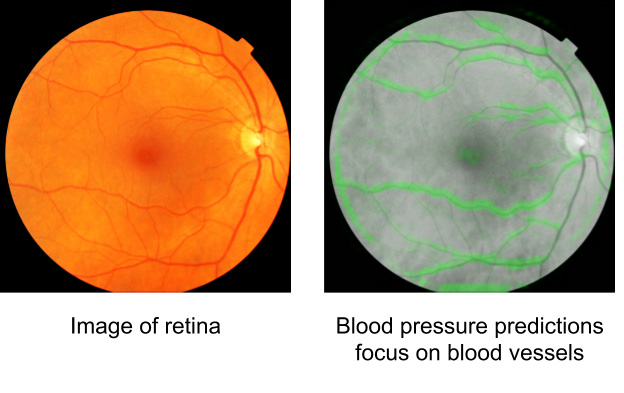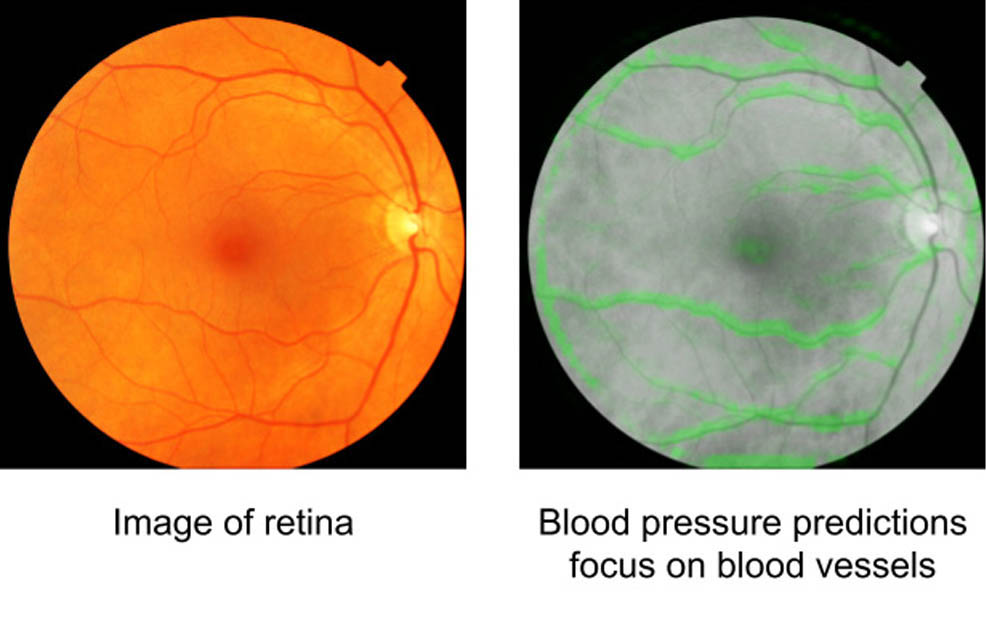Google knows if you're at risk for a heart attack

A free daily email with the biggest news stories of the day – and the best features from TheWeek.com
You are now subscribed
Your newsletter sign-up was successful
Google has developed an algorithm that can tell if someone is at risk for a heart attack or stroke just by looking at the patient's eyes, said Drew Harwell and Carolyn Johnson at The Washington Post. Google researchers took retina scans, which can be used to gauge an individual's blood pressure, age, and whether or not they smoke, from more than 280,000 U.S. and U.K. patients and fed them into a neural network. The AI spotted patterns in the scans associated with cardiovascular risk factors.

"When presented images of the eyes of two different people — one who suffered a major cardiac event such as a heart attack or stroke within five years of the photo and the other who did not — the algorithms could correctly pick the patient who fell ill 70 percent of the time." Even though that accuracy rate doesn't outperform other approaches such as blood tests, the algorithm could "flag risk with a fast, cheap, and noninvasive test."
A free daily email with the biggest news stories of the day – and the best features from TheWeek.com
The Week
Escape your echo chamber. Get the facts behind the news, plus analysis from multiple perspectives.

Sign up for The Week's Free Newsletters
From our morning news briefing to a weekly Good News Newsletter, get the best of The Week delivered directly to your inbox.
From our morning news briefing to a weekly Good News Newsletter, get the best of The Week delivered directly to your inbox.
-
 The Olympic timekeepers keeping the Games on track
The Olympic timekeepers keeping the Games on trackUnder the Radar Swiss watchmaking giant Omega has been at the finish line of every Olympic Games for nearly 100 years
-
 Will increasing tensions with Iran boil over into war?
Will increasing tensions with Iran boil over into war?Today’s Big Question President Donald Trump has recently been threatening the country
-
 Corruption: The spy sheikh and the president
Corruption: The spy sheikh and the presidentFeature Trump is at the center of another scandal